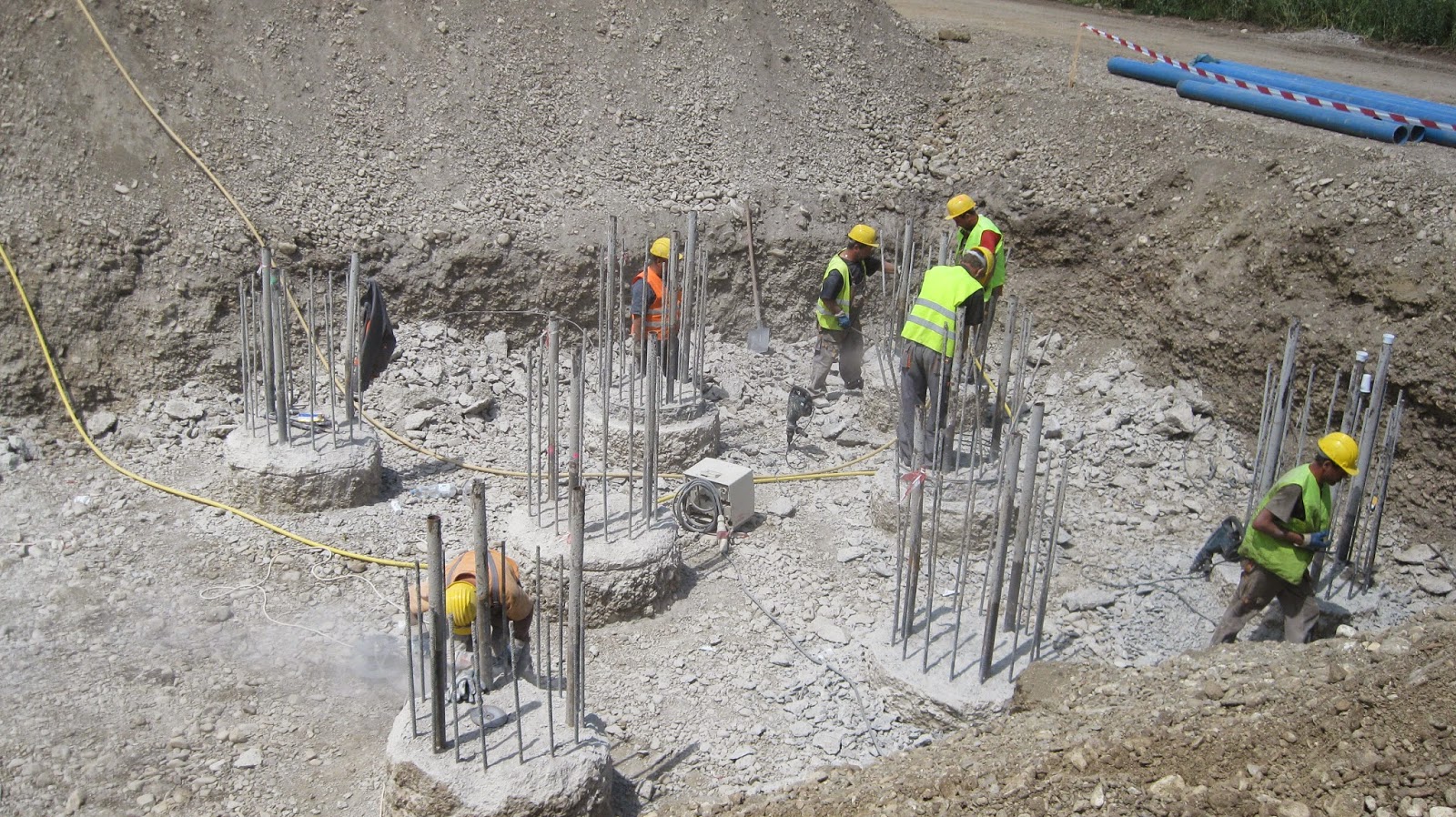Daily “The Telegraph” compiled a top of the most innovative buildings in the world, selected upon architecture and materials used for construction.
#10-Ripleys Believe it or Not Museum (Ontario, Canada)
The
Believe it or Not franchise showcases curiosities in a number of locations,
however, the design of the museum at Niagara Falls Ontario deserves to make the
exhibition itself. The building represents an upended skyscraper on its side
that has taken some of the road with it, as a taxi floats inexplicably and
pedestrians and construction workers cling on.
#9-Piano
House (Huainan, China)
Music-lovers
of Huainan, China, can revel in this building, designed by architecture
students from the Hefei University of Technology. The focal transparent violin
contains the escalators and the staircase for the main piano-shaped building
which is currently used to by city planners to display plans and proposed
developments.
#8-CyberTecture Egg Building (Mumbai, India)
Designed
by James Law, Cybertecture International and engineer Ove Arup, the “egg”
houses 33,000 sqm of office space in
13 storeys, achieving this using around 15 percent less area than a
conventional building of this size. The structure supports floor plates without
the need for obstructive columns.
The
building achieves sustainability and
energy efficiency through its
passive solar design, the inclusion of an elevated garden which aids in cooling
the interior through thermolysis, use of photovoltaic panels and wind turbines
on the roof, and the facility to recycle sullage.
#7-The Basket Building
(Ohio, United States)
The headquarters of the Longaberger Basket Company serve as a striking advertisement for its wares, albeit 160 times larger at 192 feet long by 126 feet wide. Completed in 1997, the seven-storey ‘basket’ features handles that can be heated during cold weather to avoid ice damage.
#6-Kansas City Public Library (Missouri, United States)
The
‘Community Bookshelf’ of Kansas Library’s Central Parking garage features 22
popular and varied titles reaching a height of some 26 feet, which were chosen
by literature fans of the city. They serve both as a reminder of the public’s
favourite books and an attractive disguise for the car park behind that was
built to satisfy demand in 2006.
#5-The Shard (London, England)
Modelled
on a shard of glass, Europe’s current tallest building at 306 metres was
constructed in three years. It consists of 72 floors, the uppermost of which
houses an open-air observation deck. It dominates the London skyline and is a
popular tourist attraction.
#4-HARPA Concert Hall and Conference Center (Reykjavik, Iceland)
The
award-winning design by artist Olafur Eliasson with Henning Larsen architects
was influenced by Iceland’s renowned natural scenery and the Northern Lights,
and in its waterfront location, dramatically reflects both the sky and harbour
in its glass façade. LED’s illuminate at night to produce a truly stunning
landmark.
#3-Linked Hybrid (Beijing, China)
Constructed
by Steven Holl Architects between 2003 and 2009, the 220,000 sqm mixed-use
complex consists of eight connected towers. The architect says the design was
intended “to counter the current privatised urban developments in China by
creating a new twenty-first century porous urban space, inviting and open to
the public from every side.”
#2-Shenzhen Baoan International Airport - Terminal 3 (Huangtian,
China)
The
recently completed 1.5km, 500,000 sqm terminal is a striking visual from above
and was designed by architects Massimiliano and Doriana Fuksas to resemble a
manta ray. Honeycomb shaped panels punctuate the roof, allowing natural light
to filter through.
The
distinctive white conical columns rise to touch the roof at heights of up to 80
metres. Air conditioning vents are enclosed within stylised ‘white trees’.
Shenzhen Airport Group was so pleased with the design that it is attempting to
copyright it.
#1-Metropol Parasol (Seville, Spain)
Designed
by the German architect Jürgen Mayer-Hermann, who won a competition for
ideas to redevelop the site, the Parasol overcame construction difficulties
that saw it more than double in cost to €100m after six years of work and a
redesign.
The
Metropol Parasol has revitalised the Plaza de la Encarnación, which was for
years reduced to being used as a parking lot and gained a reputation as a dead
zone between the city’s popular tourist attractions.
The
structure consists of six large mushroom-shaped parasols which
provide shade from the city’s often hot climate and stands some 90 feet high
and nearly 500 feet long. To avoid disturbing the Roman Ruins in the area,
supporting columns could only be placed in certain locations, requiring an
unusual design.
OCTAGON CONTRACTING &
ENGINEERING
For more information click HERE.
Phone: (+4)021.232.39.20
See on map































